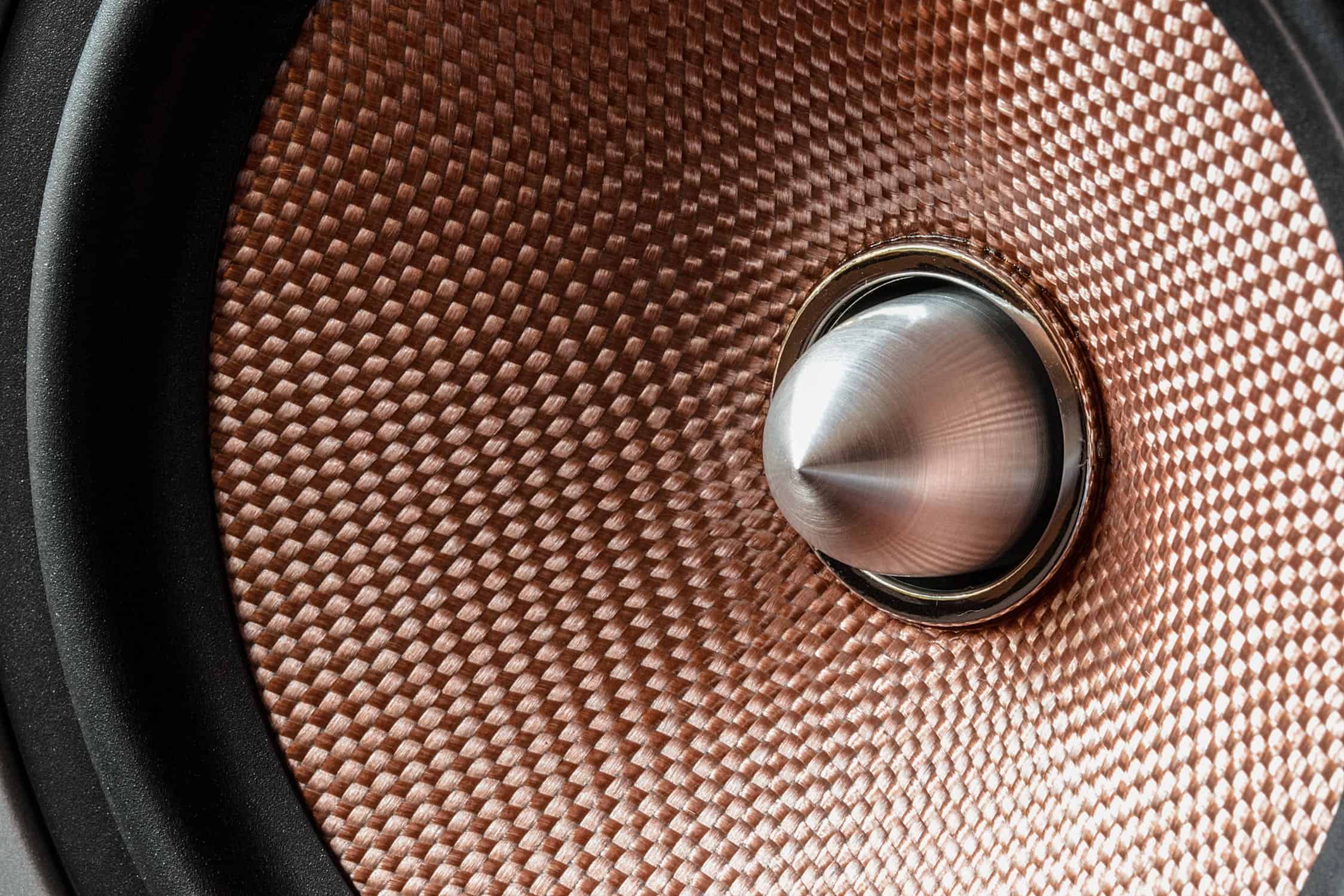I love to listen to music on my patio. I have my favorite tunes playing in the background regardless of the occasion — sitting by myself, enjoying a conversation with a loved one, or hosting a bodacious bash! Being Captain Patio, I make sure my speakers can push the proper wattage when blasting my tunes. Considering you’re here, you’re wondering what wattage you should find for yourself! Don’t worry, I’ve done the legwork and created a handy guide so you can pick a good wattage for your outdoor speakers (if you’re torn between wired vs. wireless, I have you covered there too) (if you’re torn between wired vs. wireless, I have you covered there too).
Calculating decibels can be tricky, but they do a great job at making it accessible for normal folks like me. One thing to remember is that wattage requirements change depending on the size of the outdoor space used. Since we’re only talking about speakers for a patio / yard, I’m going to make some assumptions about the size of the outdoor space. The table below is created for an outdoor space of about 5,000 square feet. If the area you’re trying to provide music for is significantly larger or smaller than that, adjust the wattage levels appropriately.
One thing: wattage speakers can push only correlates to loudness, it doesn’t dictate it. Factors such as the size of the speaker cone, the power of the magnet driver, and the distance you’re measuring from all complicate the measurement. It turns out that figuring out a good wattage for outdoor speakers is a difficult question to answer! These are simply rough guidelines, I’ll leave you in charge to adapt it for your own space.
| Type of Listening | Decibels | Wattage |
| Background Listening | 60 dB | 20W – 40W |
| Cookout | 80 dB | 25W – 45W |
| Mowing The Grass | > 105 dB | 60W – 100W |
| Outdoor Party (10 people) | 80 dB | 30W – 60W |
| Outdoor Party (50 people) | 120 dB | 100W – 200W+ |
Again, these are simply rough guidelines. Sound engineering is hard and people get paid a lot of money to determine the sound requirements for various venues and events. However, there are some other considerations you need to make when determine how loud you want your outdoor space to be.
How Loud Is Too Loud?
If you’re like me, you tend to over-do things. When I first set up my outdoor audio system, I provisioned a lot of extra wattage for my space. However, having the extra wattage doesn’t automatically mean you should use it! In fact, turning your system up to 11 might have dire consequences. You should make sure you’ll be safe; both legally and otherwise.
Noise Complaints
Each locale has it’s own laws and regulations that dictate when you can play loud music (as well as what constitutes acceptable noise levels). Figure out what your locale’s regulations are. If you’re breaking local noise ordinances, your neighbors can (and probably will) call the police on you. Getting into legal trouble is a surefire way to end a party quickly!
On that note, I’ll recommend something most folks find unthinkable nowadays. Bite the bullet and go talk to your neighbors when you know you’ll be playing your music loudly. Most folks are really nice when they feel like their space is being respected. I naturally can’t guarantee that the situation will go smoothly, but I think it’s still worth doing.
Hearing Loss
In addition to the noise complaints, frequent loud noise will lead to hearing loss. But what’s considered “too loud?” Well, I have some bad news for you. Sustained sounds as little as 85 decibels can permanently damage your hearing. To put this in perspective, think about the sound of a running vacuum. That’s 85 decibels! The louder you go above that level, the more likely it is that the damage will be irreversible.
It’s like I said in the beginning of the article — just because you can push some sick decibels with your speaker setup doesn’t necessarily mean it’s a good idea!
Are More Watts Better?
As I alluded to earlier, watts aren’t the entire story and you should not chase them at the expense of other factors. In fact, the most you can absolutely say about a higher wattage is that the equipment draws more power! Speaker quality, placement, and the size of the speaker cone all matter at least as much. That isn’t to say that you can neglect wattage, just that it doesn’t tell the whole story.
With that being said, a good wattage for outdoor speakers is the highest wattage you can afford without sacrificing speaker quality. I would personally rather have a high quality speaker only rated to push 25 watts than a low quality one pushing 150!
Durability
With outdoor speakers, you also have an additional dimension to worry about. Most sound systems can afford to be fragile, since they spend their entire lives sitting on a shelf in a den or living room. However, outdoor speakers must also be able to weather the elements (just like outdoor TVs!) (just like outdoor TVs!). Outdoor speakers will be sitting in the hot sun, the cold rain, and all other types of weather in between. Even the best sounding setup won’t be worth anything if the circuitry fries because of a bit of dampness! That’s why it’s important to choose speakers that are rated for exposure to the outdoors, not just the best sounding pair with appropriate wattage.
If you’re interested in a deeper look into speaker wattage and how it applies to loudness, the folks at Sweetwater created a an in-depth guide.

